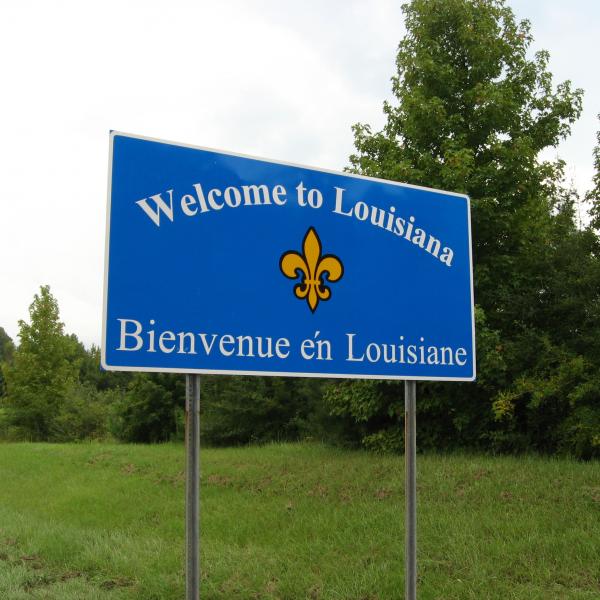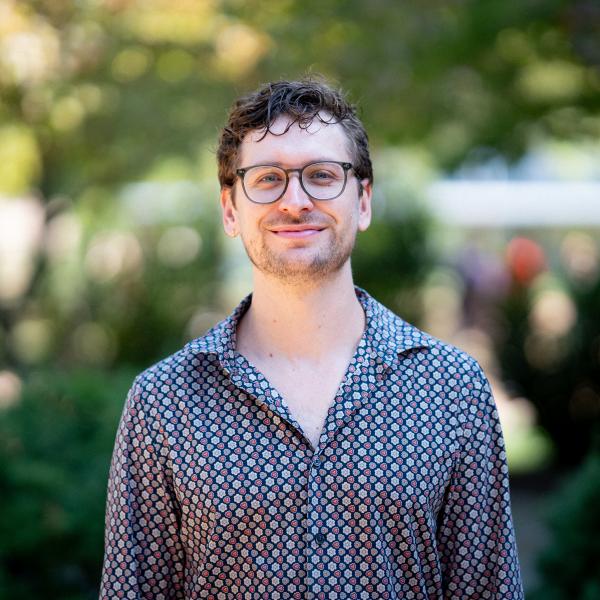As I reflect on this institute and all that we have learned, I wonder if I lived in the 60's would I be Abbey Lincoln or Diana Ross? Would I be outspoken and political like Abbey, or make my statement by being visual like Diana? Let me see if I can work through this! Now I went to an all Black middle school and high school. I was never friends with a white person, and cannot recall any conversations with a white person that was not a teacher. I did have mostly Black teachers as well. I remember all the science teachers being white.
I excelled in this type of environment, and received a full scholarship to the predominantly white University of North Carolina at Greensboro. Now being raised by a card-carrying NAACP member, president of the National Association of Black Social Workers, I thought I was a "down" young Black woman. But I was not ready for the culture shock! I was asked many many times the first weeks of school if the white girls could touch my hair, because they had never touched a Black person's hair (was it good luck? LOL) In this instance I was Diana, educating white people by my presence. We perm our hair to make it straight, not curly. I only wash my hair once a week, not every day. I was not a threat, but I was building acceptance by being accessible.
 Then I joined a sorority. Delta Sigma Theta Sorority immersed me in Black sisterhood. While the tradition of sororities was white (Diana and crossing over), we made it exclusively Black. My sorority jacket had a red, black, and green silhouette of Africa on the back. As I rose to a leadership position, I spoke out on campus about apartheid, and the struggle of the Black man in America. This was the Abbey in me, using the platform I was given to shed light on the issues of the day.
Then I joined a sorority. Delta Sigma Theta Sorority immersed me in Black sisterhood. While the tradition of sororities was white (Diana and crossing over), we made it exclusively Black. My sorority jacket had a red, black, and green silhouette of Africa on the back. As I rose to a leadership position, I spoke out on campus about apartheid, and the struggle of the Black man in America. This was the Abbey in me, using the platform I was given to shed light on the issues of the day.
So in my teens and early 20's I was a combination of both Abbey and Diana. I was visible in white America, but I still spoke out on what I thought was right. An amalgamation of both, as I think I remain still: remaining true to myself and beliefs in a predominantly white society.
-- Anissa Barron



